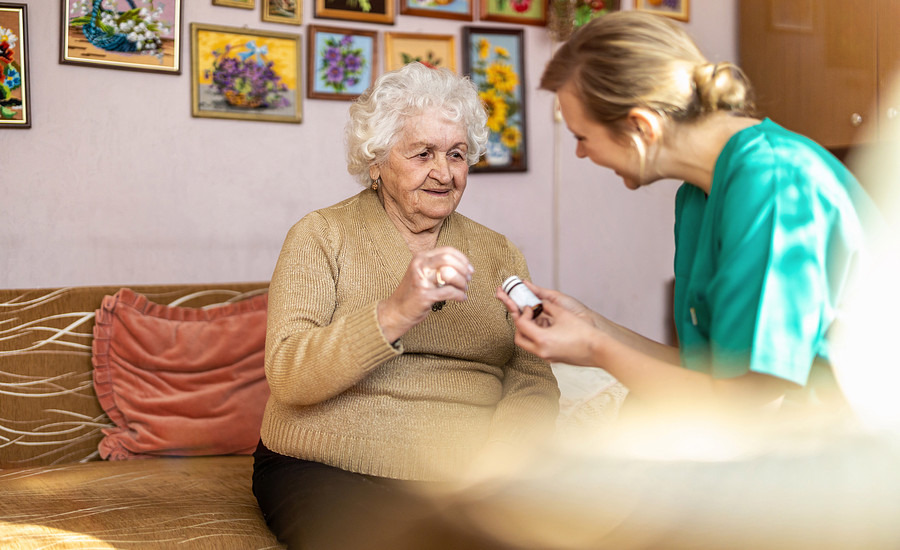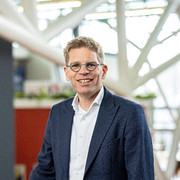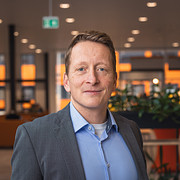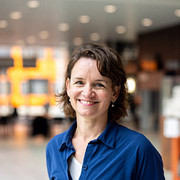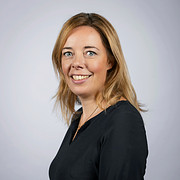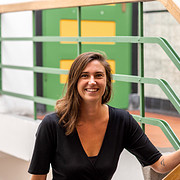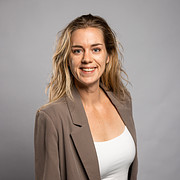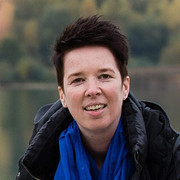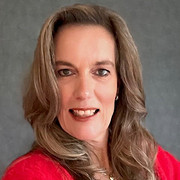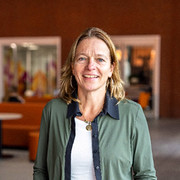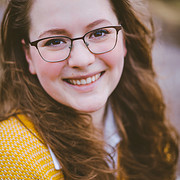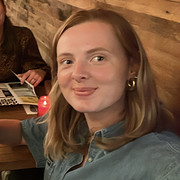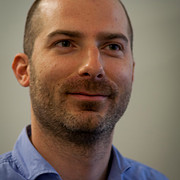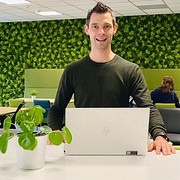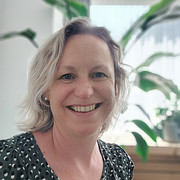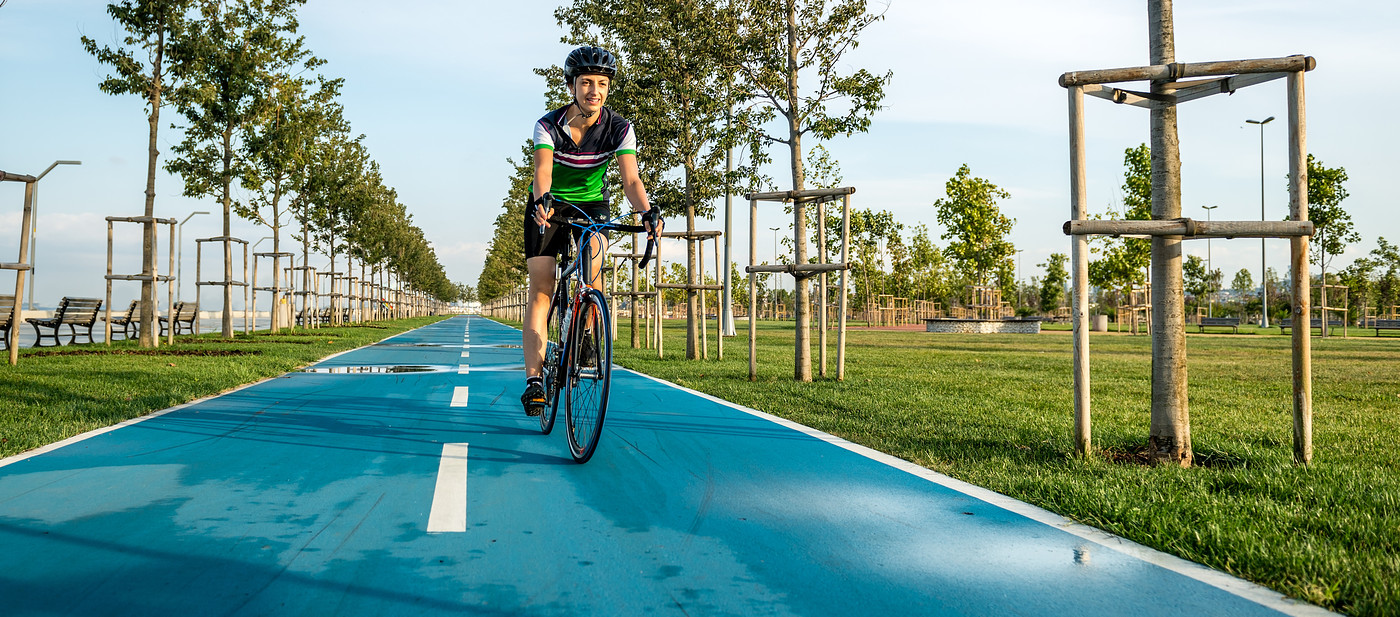
Our focus lies on the themes of Equal Opportunities & Participation, Healthy Lifestyle & Living Environment and Vulnerability & Fitting Health Care.
We listen to what is happening in practice, which means we focus on current issues such as social security, lifestyle, informal care and more. Together, we tackle these challenges by connecting research, education and practice. In doing so, we also strive to increase the innovative capacity of both the professional field and education, so that we can better anticipate future developments.
How do we do this?
We often work within a learning community, where research, education, and practice come together from different disciplines. The research itself is carried out by our professors of applied sciences and researchers, often in collaboration with students, but always together with practice. This 'practice' consists of the people we conduct our research for, such as nurses, physiotherapists, community sports coaches, IT professionals, policy officers and of course, residents themselves.
Our research is built around four key pillars, which form the foundation of our approach:
- Bringing stakeholders together
We have an extensive regional, national and international network and actively work to strengthen and expand it by connecting partners who can complement one another. - Bringing existing knowledge together
We build on existing knowledge and previous research. We share our best practices with partners and approach partners with specific expertise whenever relevant. - Monitoring
We focus on monitoring changes and assessing progress during key transitions. We do this by evaluating developments step by step, with particular attention to long-term change. In addition, we measure the effects of these transitions, for example by collecting concrete results from pilot studies using figures and data. - Action-oriented research
Where we really make a difference is in our action-oriented research. We engage in dialogue with our partners to properly identify the issue, observe the current situation, explore possible improvements and adjustments, and test these until we arrive at a method that works for our partner.
What does it lead to?
All the knowledge and experience we gain results in tangible outcomes, such as:
- Knowledge sharing: for example through new publications, conference contributions, webinars or datasets.
- Practical innovations: such as a toolbox developed to help teachers get pupils moving more during school hours or a practical guide to support professionals in tackling child poverty.
- Education: we embed our insights into student education and also develop training and courses for professionals.
Through all our activities, we contribute to our aim: more healthy years for the people in the North of the Netherlands. Achieving results together – in practice, with practice, for practice.
